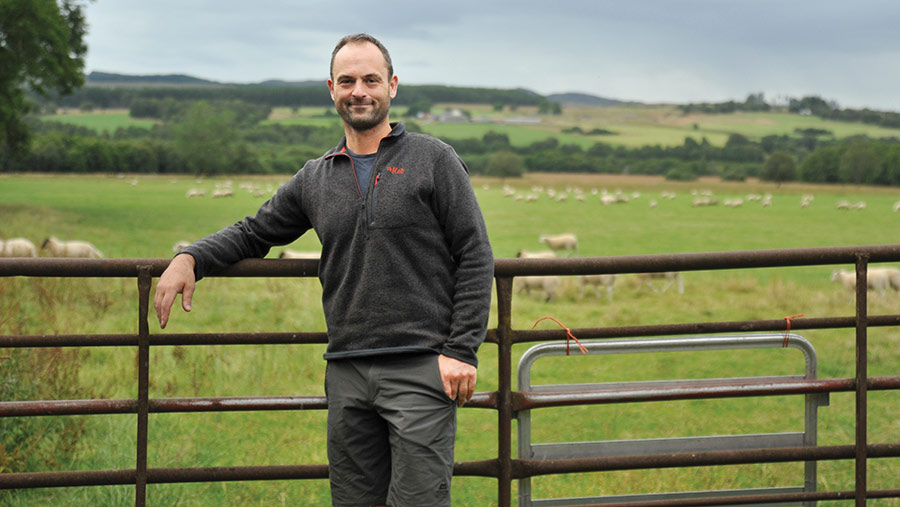Farmer Focus: Wildfire shows benefits of grazing
 © Michelle Scott
© Michelle Scott June came with the most prolonged dry weather I have seen here.
You’ll possibly have read about the Cannich wildfire, which was half a mile from our boundary. The fire was started on Forestry and Land Scotland (FLS) ground, by walkers on a waymarked trail using a camping stove.
See also: Welsh farmers to receive bespoke advice on wildfire risks
The initial response by the fire service was thought to have contained it.
Unfortunately, the fire continued to spread and it would appear that, due to significant red tape in place by FLS leading to a lack of people on the ground, the fire was able to spread to neighbouring RSPB ground, where it raged out of control.
The fire travelled at least four miles and was alight for a few days before authorisation was granted to bring helicopters in.
It took more than two weeks of helicopters water bombing daily – at the landowner’s expense – before it was finally put out with heavy rain.
I believe that if FLS had been proactive, this fire could have been extinguished much sooner.
With rewilding being a hot topic, I have concerns over the future of land policy and what measures will be put in place to encourage sensible land management.
In general, rewilding involves cutting deer numbers, to allow more tree planting and natural regeneration.
However, the downside to this management style, is that it encourages higher scrub and heather, which increases not only the fuel load on fires, but also the chances that a fire will jump a natural firebreak such as a river or road.
Extinguishing a fire on this type of land is unmanageable for the fire service, which doesn’t have the necessary knowledge of the land, or suitable equipment.
Grazing should be used as a tool in creating firebreaks. This would be especially effective in early winter once calves are weaned and the grazing pressure can be increased.
We have grazed areas of the RSPB ground with cows for more than 10 years now and, in the past few years, have moved to using GPS fencing collars for this.
Using collars is more manageable than conventional fencing and less intrusive on the land.
This way of grazing has the potential to be used in a targeted way, potentially becoming a means of preventing the spread of wildfires.

